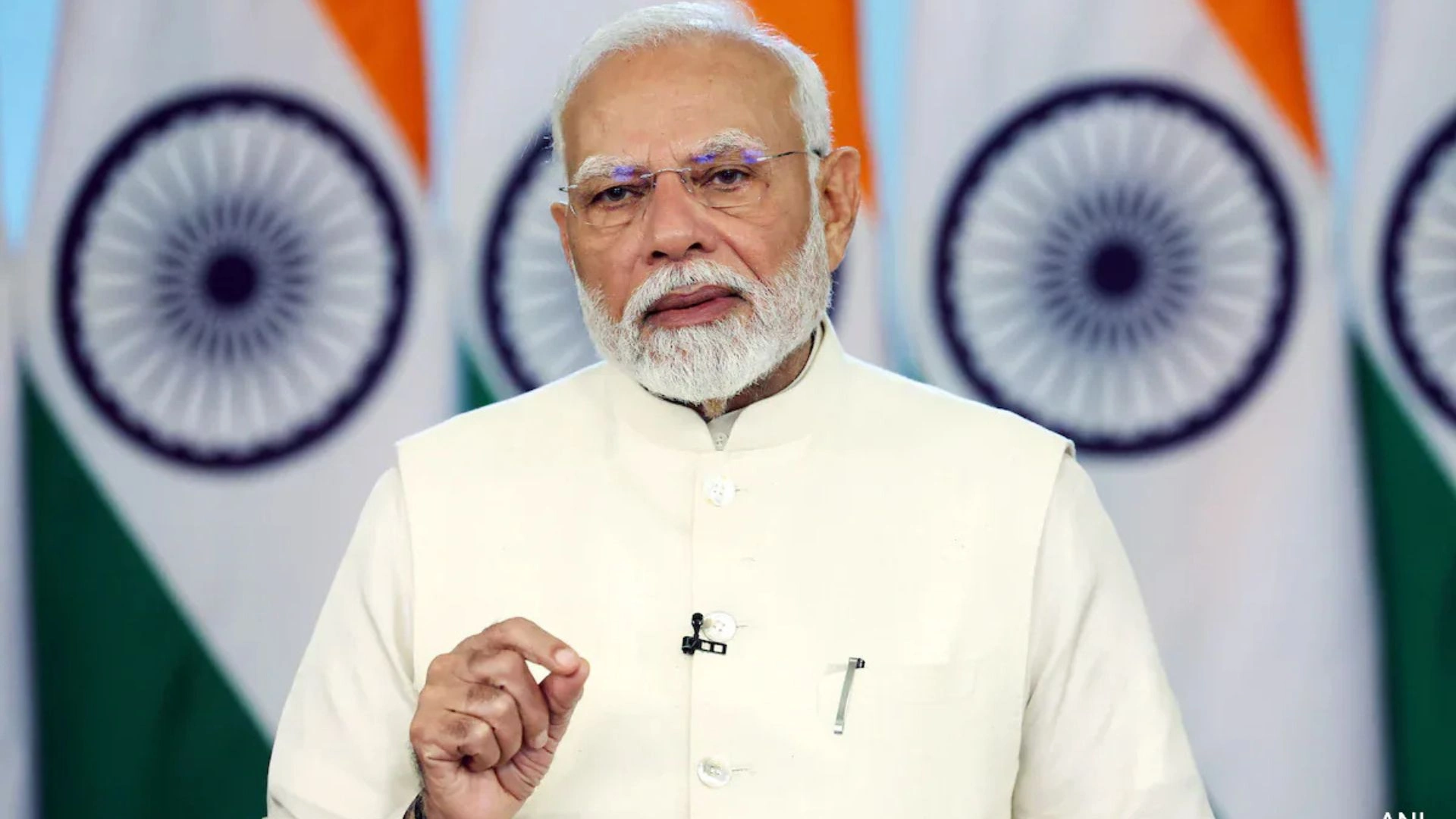Researchers from the University of Waterloo, in collaboration with the University of Groningen, have made significant advancements in reducing the risk of severe blood clots in patients with heart valve implants. Their study demonstrated that heart valve implants with a textured surface are less likely to cause thrombosis, a condition that can lead to life-threatening events such as strokes or heart attacks.
Led by Dr. Sushanta Mitra and Dr. Sudip Shyam from Waterloo’s Faculty of Engineering, the research focused on understanding how blood interacts with different types of heart valves. The team developed an innovative technique to determine the wettability of solid objects submerged in liquid, which closely mimics the conditions inside the human body. The findings suggest that patients with these improved heart valves may experience fewer complications and require fewer replacement surgeries, significantly enhancing their quality of life.
The research is particularly important for patients with conditions such as cancer, pregnancy, obesity, smoking, and immobility, which increase the risk of blood clots after heart valve implantation.


















